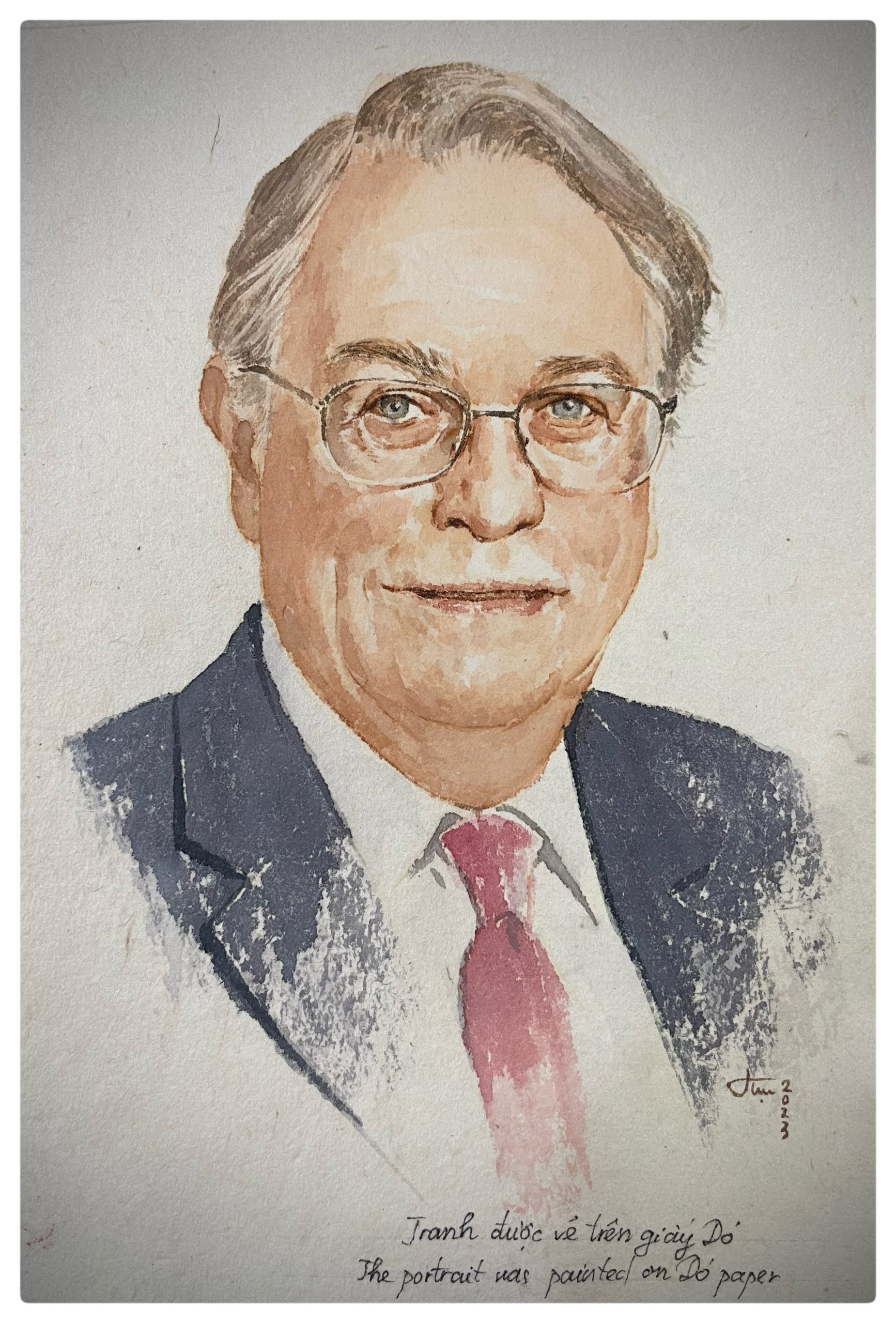AFFILIATION
Binghamton University, State University of New York, USA
SUMMARY OF WINNING ENTRY
Discovery of the principles behind the Lithium-ion batteries, identified Lithium ion as the most promising charge carrier. Prof. Stanley Whittingham is the pioneer who uncovered the operational principles of Lithium-ion batteries. Stemming from his breakthrough in 1974, he built the first Lithium-ion battery, ushering in a new era in energy storage. He pioneered the concept of electrode intercalation and meticulously studied the diffusion of Lithium into various metal crystal lattices. He placed considerable emphasis on enhancing the structural stability and cyclability of batteries, utilizing techniques like multielectron intercalation reactions to boost both the stability and capacity of these devices.
SCALE OF IMPACT
Lithium-ion batteries have revolutionized energy storage over the past decades, offering enhanced safety, compactness, convenience, and durability. Today, they form the backbone of a sprawling industry and are a foundational component of the modern world, powering more than 15 billion mobile devices and 26 million electric vehicles globally. The impact of Lithium-ion batteries is predicted to grow exponentially as the world shifts towards renewable energy sources. In this future, Lithium-ion battery technology, in combination with technologies like solar panels, will enable continuous and sustainable green energy production and storage.
MEANINGFUL CHANGE
The innovation of Lithium-ion battery marks a monumental shift in energy storage, significantly impacting billions of people on Earth. They underpin a multitude of electric devices, from smartphones to electric vehicles, thus enabling a more connected, mobile, and sustainable world. Furthermore, Lithium batteries’ high energy density and long-life cycle are pivotal in the transition to renewable energy sources, reducing reliance on fossil fuels and mitigating climate change’s adverse effects. By fostering the development of affordable and accessible energy solutions, they play a crucial role in alleviating energy shortage and improving living conditions for underserved populations.








